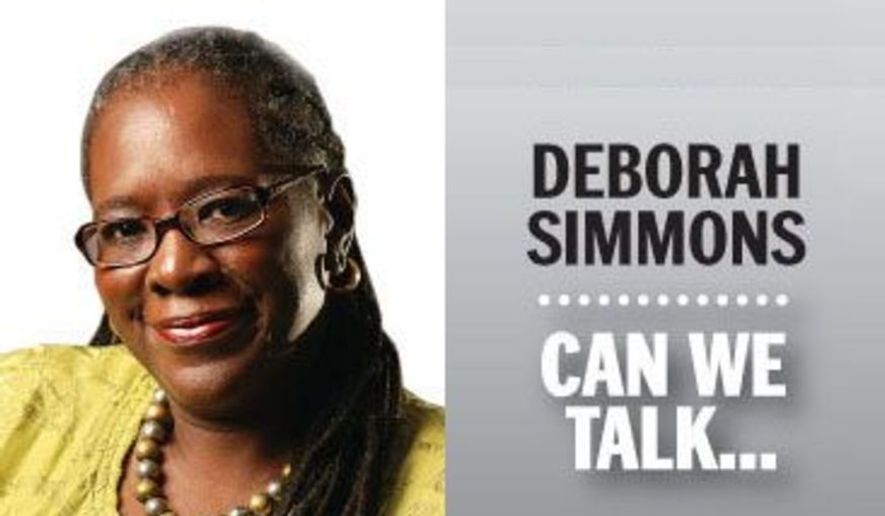ANALYSIS/OPINION:
The District is considering Uber tax increases, which means you’re going to have to pony up more for the privilege of using a ridesharing service.
Much of the extra revenue will be diverted to Metro — the D.C. region’s transit service — because authorities in D.C., Maryland and Virginia cannot imagine life without Metro.
That has as much to do with the politics and inner workings of Metro as it does with Metro’s competition, including Uber and other ridesharing options, bicycles, automobiles and folks who get around the old-fashioned way — hoofing it.
First up, ridesharing. City officials do not appreciate the convenience, as millennials and millennials’ parents do, of the app-driven ridesharing businesses that users of Uber, Lyft and Via started enjoying a few years ago. Tell Uber you want to be picked up at Point A at an appointed time and dropped off at Point B, and smoothly it goes.
For the unfamiliar, imagine carpooling, except you don’t have to remind the driver when not to not pick you up.
Anyway, D.C. wants ridesharing users to pay more, and city leaders are considering a 37-cent-per-$10-ride increase. If the ridesharing companies and drivers have to pay more, you know the rising costs will be passed onto customers.
Metrobus and train riders are so fortunate, eh.
Here are some other tax increases D.C. officials are considering:
• Raising the car rental tax from 10 percent to 10.25 percent.
• Raising the general sales tax from 5.75 percent to 6 percent.
• Raising the alcohol and meals sales tax from 10 percent to 10.25 percent. This after raising the minimum wage for hourly workers at restaurants and bars, which already are among the highest-priced in the nation.
• Raising the hotel room tax from 10.05 percent to 10.3 percent. This on top of the 4.75 percent tax to finance the Washington Convention Center and fund the District’s official marketing entity Destination DC.
• Raising the commercial property tax from $1.85 to $1.87 per $100 of assessed value.
Selling a house in an up-and-coming neighborhood is all the more profitable and easier if Metro, bars and eateries are within walking distance. You know, the “location, location, location” rule.
When Metro failed to live up to expectations, ridesharing services filled the noticeable gap — and it’s good that they did. People wanted a dependable service.
What small-minded politicos don’t understand is that the D.C. region is not dependent on Metro. For many, it’s merely a convenience.
What’s more, the politicos are more tax-and-spend oriented than they are transit-oriented, and the proof rests in the push to raise to also raise the tax on cigarettes from $2.94 per pack to $4.94 — besting a smuggler’s paradise in New York state, where cigarettes are $4.35 per pack.
Virginia may go along and ante up for Metro, but it’s likely that smokers and smugglers will learn that Virginia is for tobacco lovers, too, with its cigarette tax of only 30 cents — the second-lowest in the nation.
The politicians who have been running local politics since the 1990s are not the brightest lot. They are, however, among the slickest.
Recall the hoopla surrounding the uptick in pre-K enrollment five years ago? Now the city is trying to explain why public school students aren’t surging ahead in standardized testing.
Hmm.
Uber-bad politics and policies.
• Deborah Simmons can be contacted at dsimmons@washingtontimes.com.
• Deborah Simmons can be reached at dsimmons@washingtontimes.com.




Please read our comment policy before commenting.